UC Berkeley: “Billionaires’ Effective Tax Rate 24%, the Crux Lies in Corporate Taxes,” Bolstering Rationale for Trump’s Tax-Cut Plan?
Input
Changed
Core of wealthy taxation, corporate tax not income tax Biden administration’s effective tax rate ‘8.2%,’ result of excluding corporate tax Role of corporate tax obscured by ‘taxing the rich’ discourse
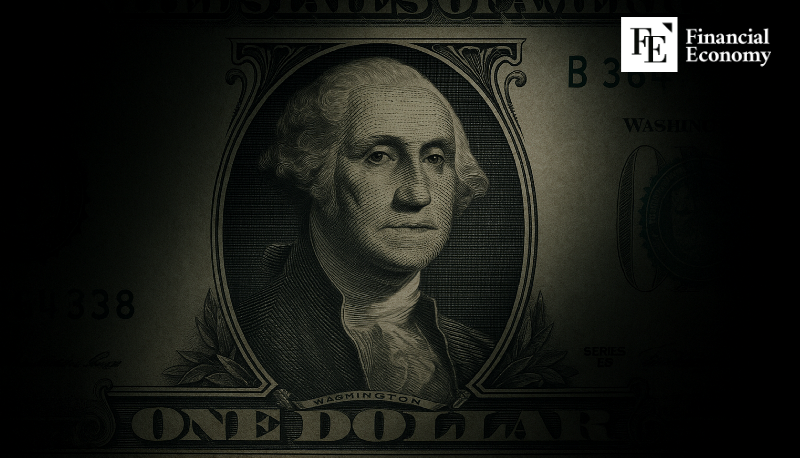
Amid an intensifying debate over the tax burden of America’s wealthiest elites, a new study has revealed that the core of their actual tax payments is not individual income tax but corporate tax. The research sheds light on the overlooked role of corporate taxation behind the “tax the rich” narrative, offering a fresh perspective for fiscal policy.
Forty percent of billionaire tax payments sourced from corporate tax
According to the Wall Street Journal on the 2nd (local time), a research team led by Professor Emmanuel Saez at the University of California, Berkeley, analyzed anonymized Internal Revenue Service (IRS) data and found that roughly 40% of the total taxes paid by the 400 richest Americans ranked by Forbes from 2018 to 2020 derived from corporate taxes.
More specifically, corporate tax accounted for 37% of their total tax payments, with the remainder largely comprising personal income and payroll taxes. Saez explained, “Corporate tax is essentially the tax that billionaires pay at the source, and it remains one of the principal taxes imposed on them.” The study’s estimated effective tax rate of 23.8% stands in stark contrast to the 8.2% figure cited by the Biden administration as justification for tax hikes, a discrepancy the researchers attribute to the exclusion of corporate tax in the earlier calculation.
There are, however, counterarguments regarding the methodology. The UC Berkeley team assumed that corporate tax burdens fall entirely on shareholders, while the Treasury Department and academic circles generally contend that some of the burden is shifted or dispersed through lower wages and other channels. Such divergent assumptions can lead to significantly different outcomes. Nevertheless, even accounting for these differences, the 23.8% effective tax rate for billionaires remains below the overall population average of 30% and well below the 45% borne by other high earners whose income is more heavily wage-based.
Unlike ordinary wage earners, ultra-high-net-worth individuals derive the bulk of their income from profits and equity in both public and private companies. These individuals effectively pay corporate tax through the firms they own when profits are generated, but under current law they do not incur personal income tax until they sell shares for capital gains or receive dividends. In other words, to accurately gauge their tax burden, corporate tax payments must be recognized as an indirect levy borne by them.
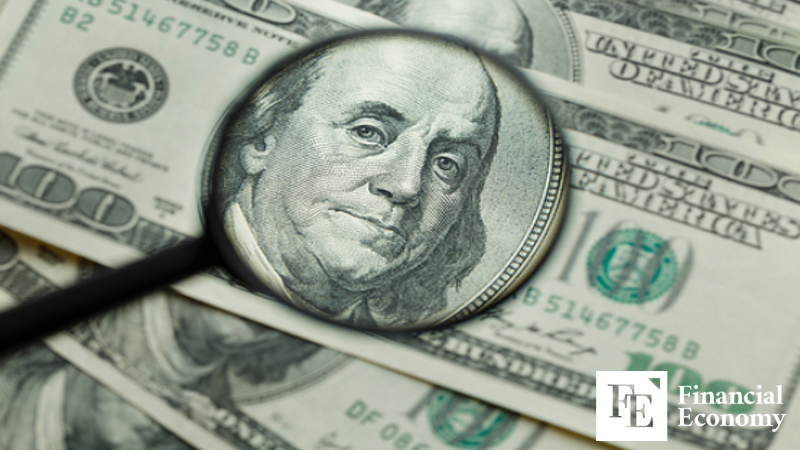
Diffusion through wages, dividends, and prices
Economists argue that any debate over corporate tax cuts must first grapple with the question of who ultimately bears the tax. According to the tax incidence theory in public finance, corporations are legally separate entities, but in reality they exist as dependent vehicles that generate returns from capital provided by individuals and distribute those returns back to them. Thus, corporate income ultimately accrues to shareholders through dividends and other forms of distribution.
This is the juncture where corporate tax becomes equated with taxes on the wealthy: shareholders of large corporations tend to be ultra-wealthy, so taxes paid by corporations are construed as taxes paid by their affluent owners. Yet experts caution this is a flawed perception, since corporate tax is not borne exclusively by shareholders.
A closer look at the distinction between taxpayers and tax bearers reveals that while governments collect taxes from legal taxpayers, the burden is often shifted to others. For instance, if a company’s tax bill rises due to legislative changes, it rarely absorbs the added cost directly. Since corporate tax is effectively a form of expenditure, companies tend to offset it by cutting labor costs or raising the prices of goods and services to maintain margins. Consequently, the burden is distributed among shareholders, employees, and consumers alike.
Corporate tax cuts as investment stimulus
Viewed through the lens of tax-shifting theory, corporate tax cuts can be understood as a reduction in the aggregate tax burden on society. This also underpins debate over income redistribution effects. In countries such as South Korea, where corporate tax rates are structured progressively—higher earnings incur higher rates—supporters of the system argue that redistribution is achieved by making highly profitable firms pay more. Yet since the tax is ultimately borne by consumers and workers as well, the progressive structure does not necessarily translate into differentiated burdens within the firm.
Moreover, lowering corporate taxes reduces firms’ capital costs, encouraging investment expansion. While not all companies may increase spending simultaneously, theory consistently holds that overall investment levels rise. This explains why many countries, including the United States, resort to corporate tax cuts during economic downturns.
Such findings carry significant implications for tax policy debates. Proposals under the Biden administration for a tax on unrealized capital gains, or calls from progressives for a wealth tax, rest on the assumption that billionaires’ tax rates are egregiously low. Yet when corporate taxes are accounted for, the wealthiest are shown to already shoulder a considerable tax burden—posing a formidable counterargument to these initiatives.




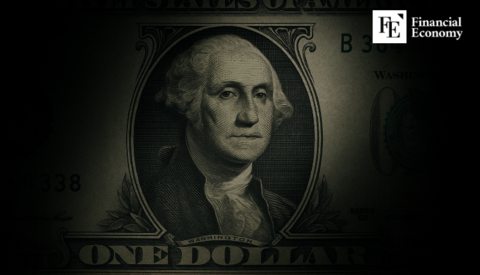

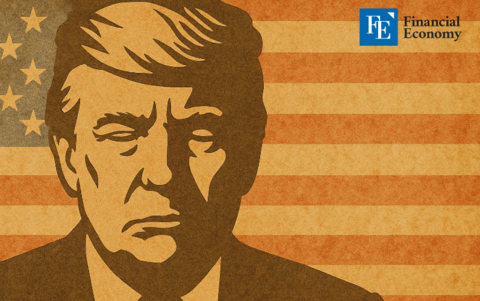


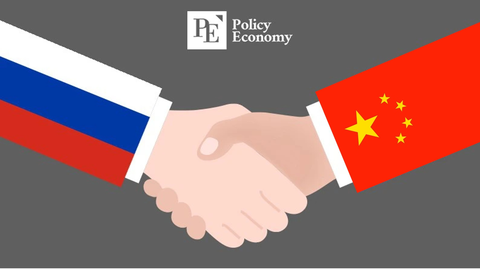












Comment